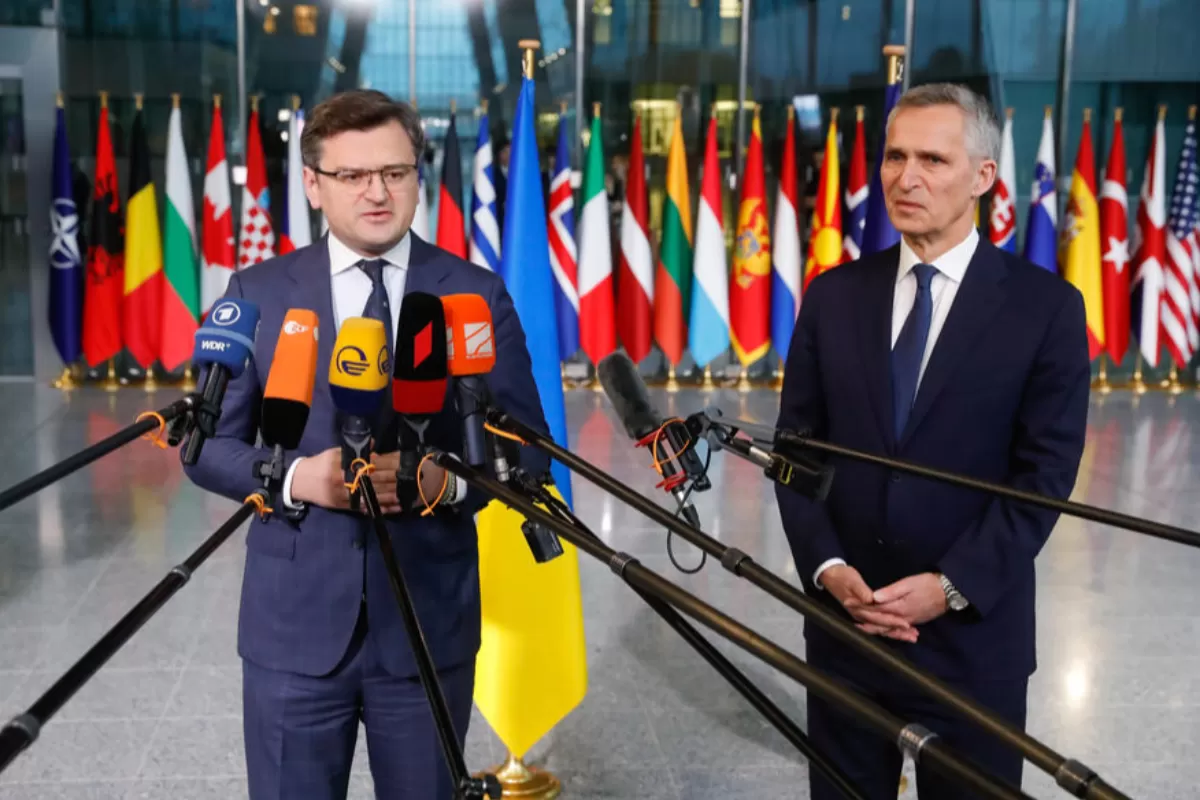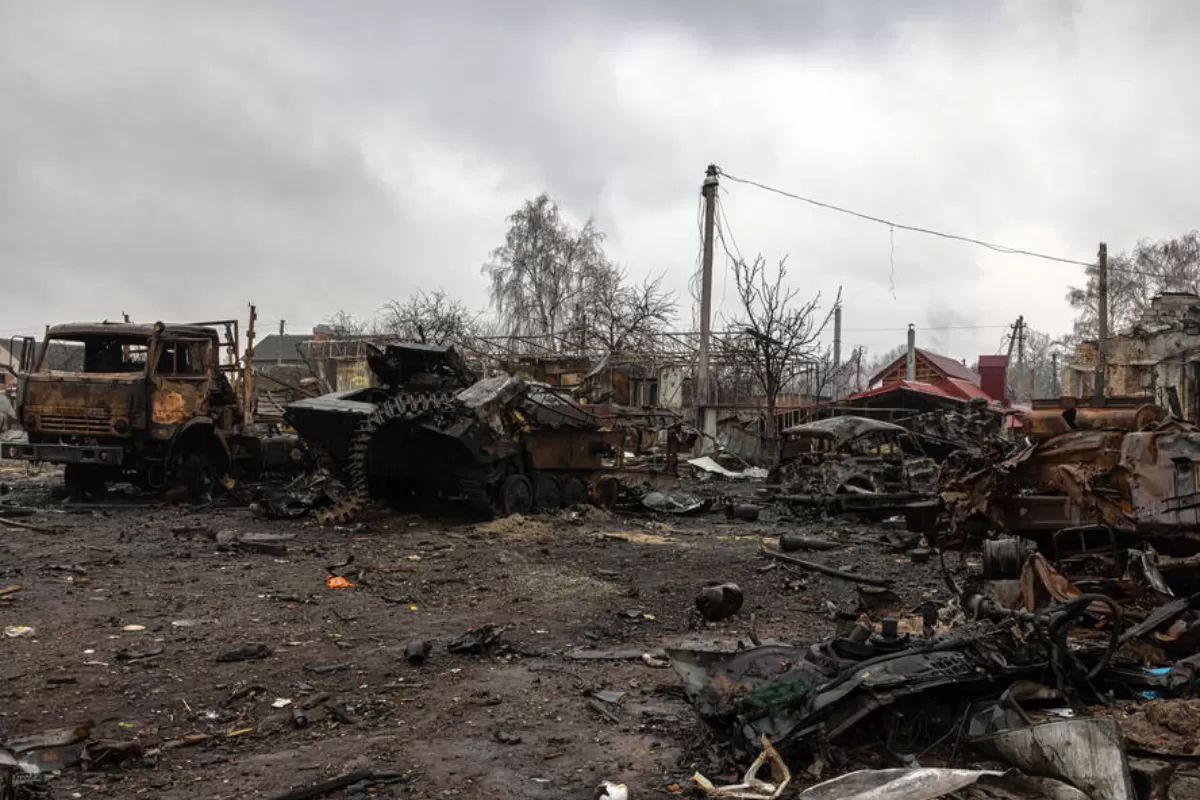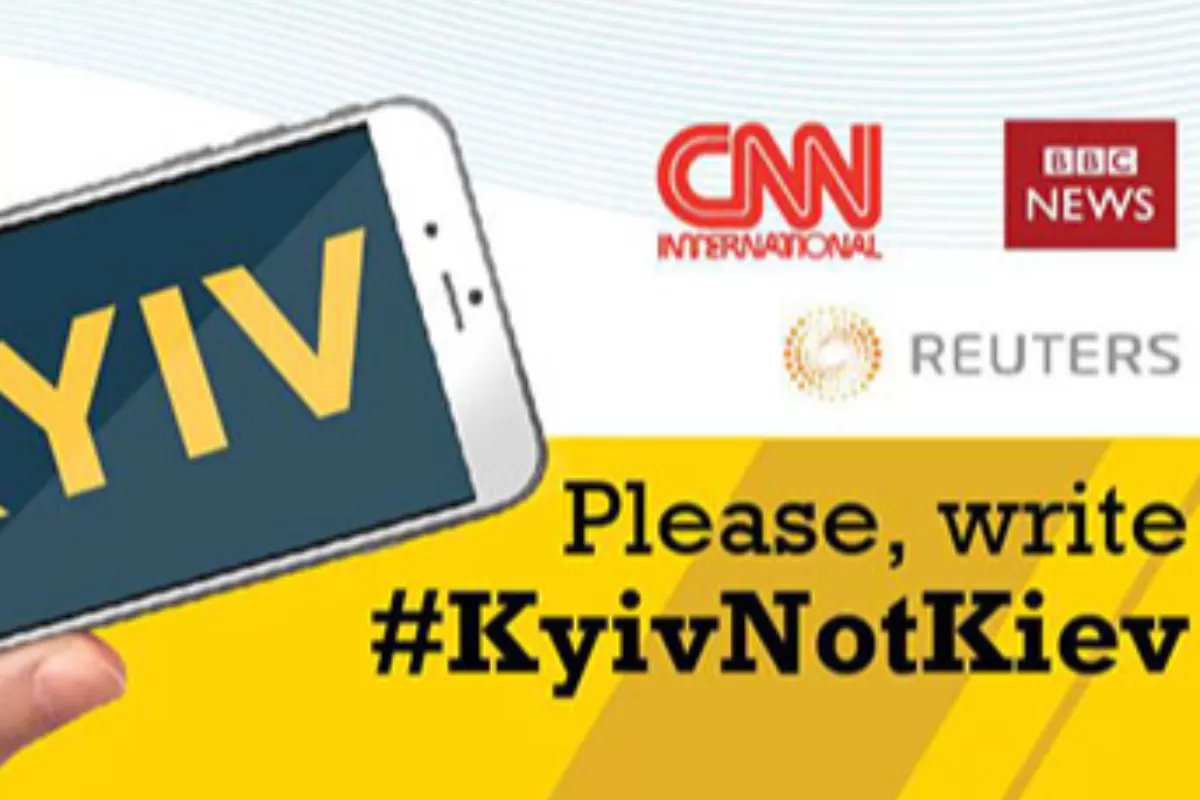
Retreating from the front, with a population increasingly feeling the war fatigue, ignored by the US, which has launched bilateral peace talks with Russia, Ukraine is also on the verge of a political crisis.

Ukrainian observers have noted that Romania remains pro-European, while the risk remains that, if elected, president Georgescu might turn the country into a state similar to Orban's Hungary.

The Kursk offensive succeeded in raising Ukrainians’ morale, both on the frontlines and at home. Moreover, it has made many Russians wonder if the war is unfolding as well as they are told.

Ukraine has been abandoned by the West and is being led by Zelensky to disaster, according to narratives about the Russian offensive in Kharkiv that are being promoted on Telegram. The offensive is presented as "unstoppable", and the purpose of the narratives is to strengthen Russian support for the war and demoralize the Ukrainians.

The decision to postpone the elections is used by Russian propaganda to question the legitimacy of Volodymyr Zelensky and divide Ukrainian society from within.

Ukraine has been accused of being responsible for the terrorist attack in Moscow. Originally published on Telegram, the thesis was developed by Vladimir Putin and his close siloviki, the current and former head of the FSB, Alexander Bortnikov and Nikolai Patrushev, both ex-KGB, like Putin. The narrative rids the Russian authorities of all responsibility, plays well into the rhetoric about the Ukrainian-Western aggression and can be used to escalate the war. Arguments in its defense include falsehoods and an older conspiracy theory.

"The Romanian language will replace the Russian language in Ukraine" writes the Russian press, basing its false claim on a Veridica article about a debate regarding the celebration of the Romanian language.

Vladimir Putin recycled a number of Russian propaganda narratives to justify the invasion of Ukraine and portray Russia as a victim of Western aggression. The false narratives were also doubled by blatant lies, such as the one that Russia did not threaten to use its nuclear weapons, or the promotion of revisionist theses, according to which Romania, Poland, Hungary (and Russia) have the right to take back territories from Ukraine.

“All that was and is the property of the Romanian nation must be returned within the borders of the same state”, said Claudiu Târziu, the chairman of AUR’s National Council. To Russian propaganda, Târziu’s statement is solid gold.

The Russian State Duma is planning to seize the assets of people distributing “war-related fake news”. The new law is in fact meant to silence anyone criticizing Putin’s regime.

In 2023, Moscow used fake narratives to justify its aggression in Ukraine. In addition, NATO, the EU and the United States continued to be Russian propaganda targets.

Rumors and propaganda in Russia about the head of Wagner, Yevgeny Prigozhin: traitor, patriot manipulated by the West but forgiven by Putin, accomplice in a secret Kremlin plan.

Russia claims Ukraine bombed targets on its territory. The lack of any strategic importance of these targets, as well as the similarities with disinformation narratives launched in the past by Russian propaganda, suggest however that Moscow is looking for new excuses to intensify its bombings in Ukraine.

Ukraine has been willing, in negotiations with Russia, to drop its aspirations to join the North Atlantic Alliance if it receives the security guarantees which is trying to present to the population as a "NATO of its own". The solution is less feasible now, when the parties seem to be negotiating rather to gain time.

Zelensky spoke up for Ukraine in front of numerous legislative and international bodies. Each time, the message carried a call for help and a plea to stop Russia. The speeches that conveyed this message were adapted to the specific audiences Zelensky addressed, including references to historical figures and events, as well as shared ideas and values.

The war had a powerful impact on the perception of Ukrainians, something which has been confirmed by opinion polls published after February 24. From a politician with plummeting numbers, Volodymyr Zelensky’s approval rating has now reached unbelievably high levels. Russia is now hated by most Ukrainians, who also distance themselves from the Moscow Patriarchy

The war in Ukraine has brought to the attention of journalists and communicators an issue that had been a concern for Kiev for several years: the spelling of proper names. People and localities alike are better known by their Russian names. Ukraine insists that the spelling should be in Ukrainian.

Ukraine is responding to the Russian propaganda by launching its own narratives, aimed at encouraging the population and demoralizing the enemy. So far, Kyiv and Ukrainians – since journalists and regular citizens are also pulling their weight – seem to be winning the information war.

The media and social media users in Ukraine have mobilized in order to encourage the population to resist and spread information about the war from Kyiv’s perspective as much as possible, including in Russia. It is interesting to note how Ukrainians have intercepted messages and symbols used by the Kremlin’s propaganda, including in the information war against Ukraine.

The Romanian Revolution of December 1989, as well as the national rebirth movement in the Republic of Moldova, wrought up the Romanians in Bukovina, which was an integral part of the Ukrainian Socialist Soviet Republic. Many of the hopes that came with the demise of communisms were however shattered in the face of the new geopolitical realities.

Ukraine seems to have owned up to its European track (and discourse) after the 2013-2014 Euromaidan protests and the signing of the Association Agreement with the EU in 2016. Nevertheless, the media and the political class still advance a type of rhetoric steeped in narratives of Soviet origin. A typical example in that sense is linked to mainstream discourse on Romanian statehood, the Romanian people, the history of Romanians and the Romanian community in Ukraine.

In March, 2014, the so called “little green men”, Russian combatants without any identifying army insignia, occupied this Ukrainian peninsula. A referendum followed shortly on joining the Russian Federation, which the international community didn’t recognize. On March 21, 2014, president Vladimir Putin signed the law that officially declared Crimea part of the Russian Federation. The events of 7 years ago are today perceived differently in Ukraine and Russia.

The more hybrid our reality gets, the more hybrid warfare becomes. The statement is Russia’s latest informal creed, underlying a disproportionate war waged abroad. For that, the country has been using a “no man’s army”, and its best-known avatar is the Wagner Group.